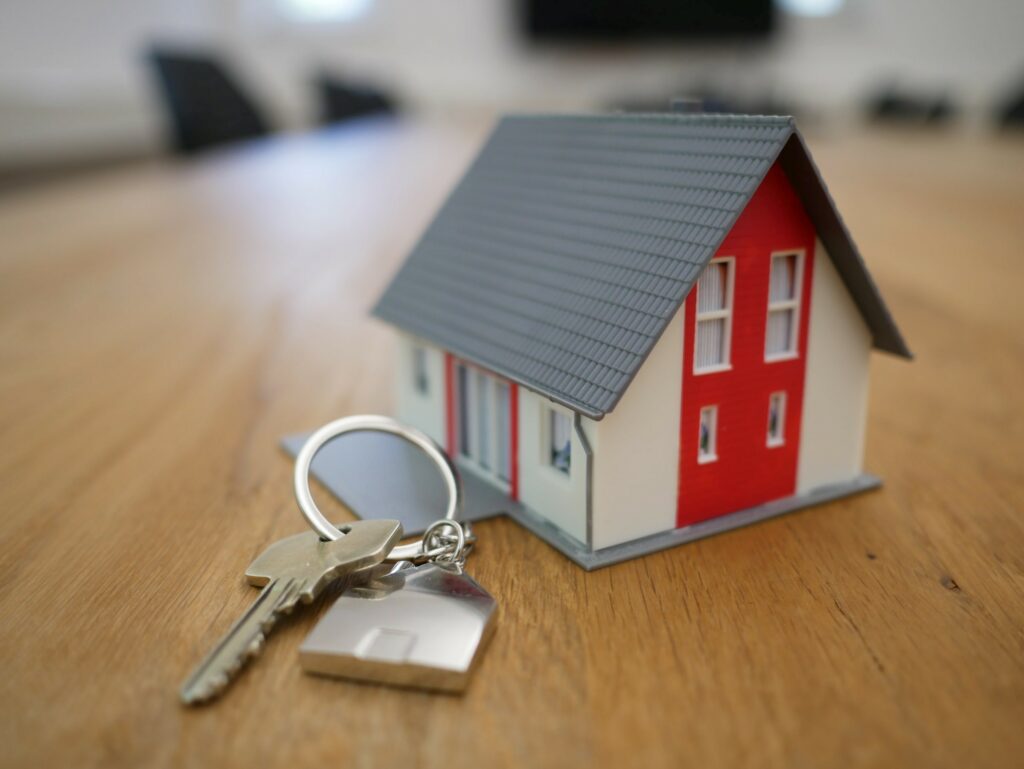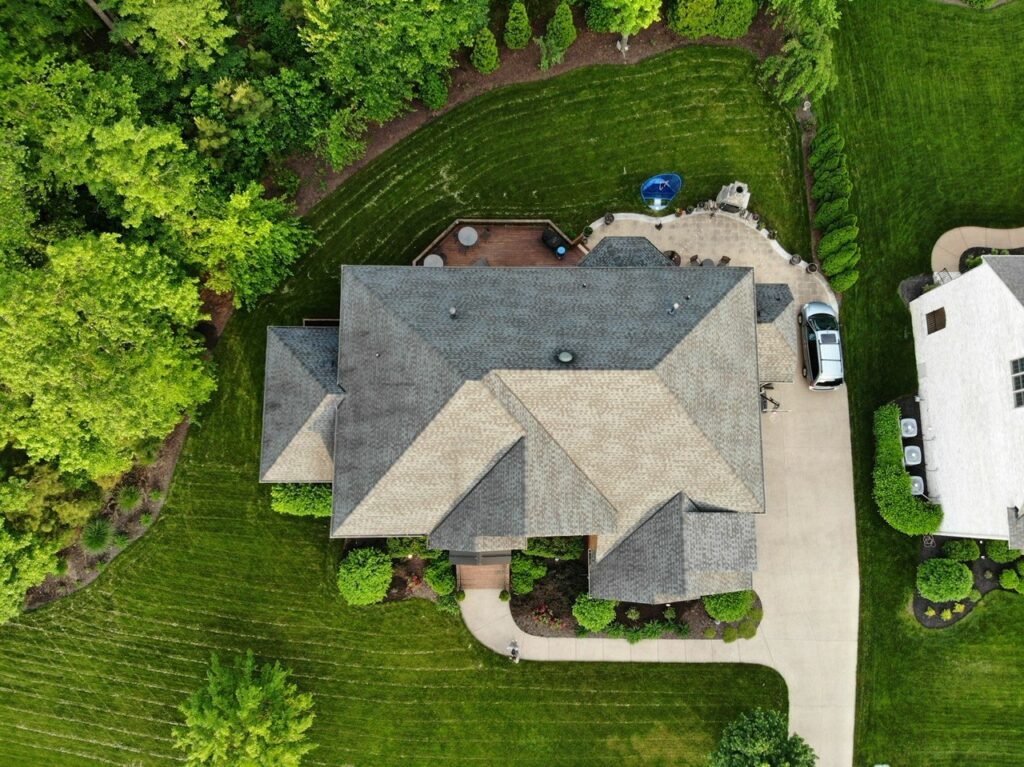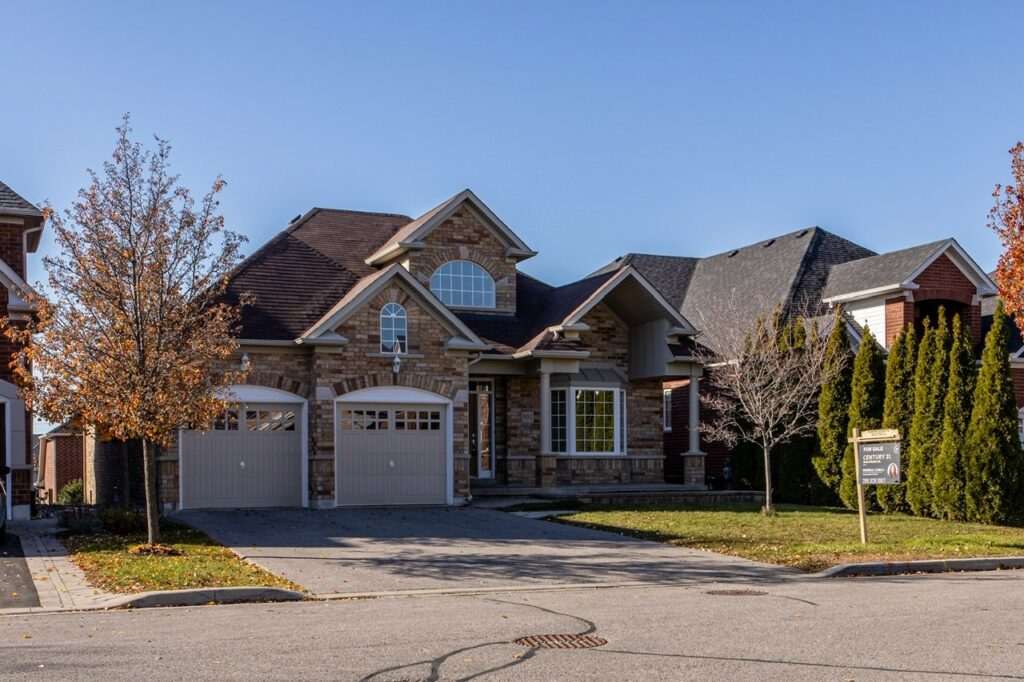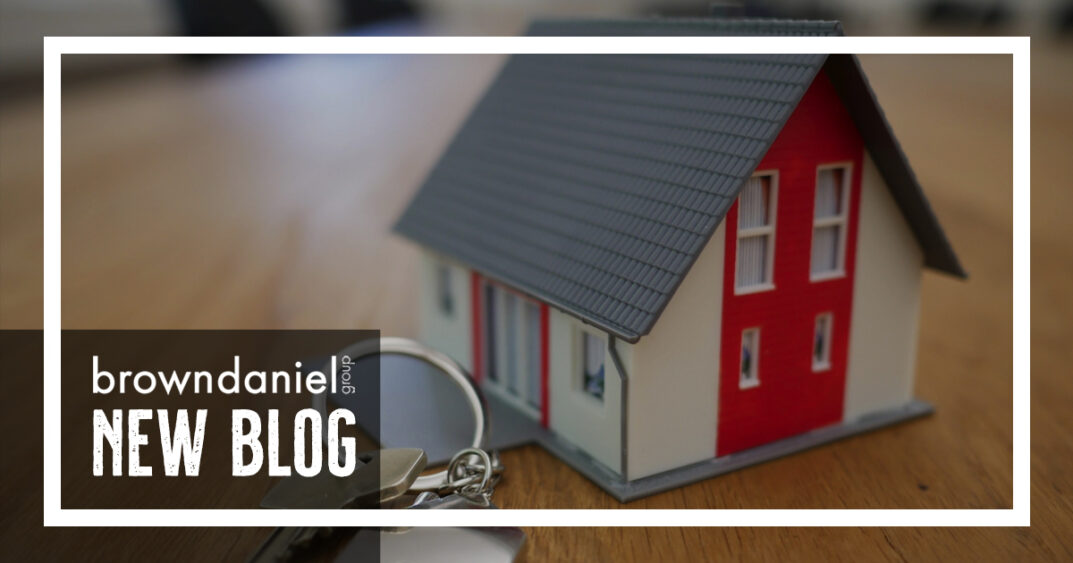
For decades, experts have recommended purchasing a home rather than renting one for an extended period of time. Renting is for students and those who will only be living in a city temporarily they say, otherwise you are simply throwing money away every month on something that you will never own. Meanwhile owning your home is an investment with long reaching benefits. But is this still true in our current economy, with skyrocketing home prices and increasing inflation? The current state of both the housing market and the economy affects both the home buying and the rental market, but the answer is still largely based on your own specific situation and needs.
Benefits of Renting
Renting is a normal part of life, and will make the most since for almost everyone at some point. College students, young adults just starting out in the job world, and those who are working on long-term, yet still temporary assignments in other cities will commonly choose to rent an apartment or house rather than purchasing one in a city or town where they know they will not be staying for long. You also may find yourself choosing a short term rental if you are having a home custom built but have already sold your prior home.
Aside from the ability to maintain a temporary place of residence, there are other benefits to being a renter rather than a homeowner. When you rent, you are absolved of a lot of the responsibilities that fall onto the homeowner. Your landlord will be in charge of paying for the property taxes and insurance on the home, and for any HOA fees if applicable. They will also be the ones on the hook for any repairs that need to be made while you are living there. While many landlords do take the potential costs of unexpected repairs into account when they are setting their rental rates, these cushions may or may not be enough to cover repairs that are needed while you live there. A busted pipe, storm damaged roof or gas line rupture could lead to expensive maintenance costs, but this cannot be passed on to the renter so you are off the hook.
Monthly Cost Comparison
As a homeowner, unless you have purchased your home in full, you will be making a monthly mortgage payment that consists of interest on your loan and a portion of the principal amount owed on the loan. Most mortgages are set at 30 years, and the interest rates and payment amounts are usually locked in for the life of the loan, unless you have an adjustable rate loan. Even then, the changes that may take place to your payment are predictable and something you can plan for. You may also be able to lower your monthly mortgage payment if market conditions change. When interest rates go down, many homeowners take this opportunity to refinance their original loan to a lower interest rate.
When you are renting, you also make a monthly payment, but you should look at this as borrowing the home for a month at a time. You likely signed a lease to stay in the rental property for a set amount of time, usually either 6 or 12 months, though some landlords will accept month-to-month rental agreements for a higher monthly rent amount. The problem here is that the rent can be increased by any amount at the end of the lease term, and in fact, most rents do increase year over year. If your rent is increased and you want to remain in the property, you must pay the higher rent or else you will have to look for other housing. This lack of control and predictability can be a turn off for many.
Taxes

Homeowners must pay property taxes to their local taxing authority. However, they are able to deduct the amount they pay in property taxes (up to $10,000) when they file their income taxes. If you fail to pay your property taxes, a lien can be placed on your property, and you may even lose your home to foreclosure if you take to long to get caught up on these taxes. Renters are often covering the cost of their landlord’s property taxes in the rent that they pay, but there is nothing they can deduct on their income taxes to offset. And if your landlord falls behind on their property taxes, even if you have been paying a portion of this amount, you will still end up having to find another place to live in the even that your landlord faces foreclosure.
Maintenance Concerns

As stated above, when you rent your home, your landlord is responsible for fixing everything that breaks or wears out, from small issues to larger and more expensive ones. If you own your home, the cost of all repairs falls solely on your shoulders. Many people see this as a benefit though, because they are on their own timeline rather than someone else’s to get things fixed. Whereas you may wait weeks on a repair as a renter, while your landlord waits for his or her preferred vendor to be available, as a homeowner you may choose anyone to tackle the job. If you want something fixed immediately and you are willing to call around to find someone and potentially pay an expedite premium, you have that freedom. Similarly, you can choose to wait until a better time for some repairs. If you live in a rental property and the landlord thinks it’s time to have the roof replaced, it doesn’t matter if the noise or workers in and out works for your schedule.
Insurance
Both homeowners and renters are encouraged and/or obligated to purchase insurance, but these two types of insurance differ quite a bit. Homeowners insurance is required and must cover your personal dwelling plus the replacement costs of your belongings, in the event of fire or water damage. There must also be some liability coverage included in the policy, which covers injuries someone may sustain while on your property. Because there are so many things that must be covered and included in your policy, home owners insurance often costs eight to ten times as much as renters insurance.
Renters insurance is less expensive than homeowners insurance, because it is really just meant to cover your belongings. In the event of a fire or water damage, your renters insurance policy will cover all of your personal property, while structural damage will fall under the landlords homeowners policy. Renters insurance is not required in all locations, though some landlords require you to have it if you are going to rent from them.
Equity

Equity is the thing experts are mostly talking about when they say that renting is merely “throwing your money away.” Most homes rise in value over time, and as the value of your home increases while you are also paying down your loan, and as this happens, the equity (or portion of your home that you own) rises. When you sell your home, the amount of the home that you own is what you will receive from the sale in cash. You can also choose to cash in on some of this equity before you sell your home, by borrowing some of that money back in the form of a home equity line of credit, or a cash out refinance of your mortgage loan. Renters are missing out on this process of building equity when they rent as opposed to buying.
Flexibility
Renters have the advantage over homeowners when it comes to flexibility. Even if you have signed a lease, you can choose to break it early and simply pay the preset penalty for early termination. There will be no long term consequences once you have paid this fee. That makes renting ideal for anyone who isn’t ready to commit to living in one area for more than just a few years. You trade flexibility for the advantages of homeownership, but this may make the most sense for you if you are looking to settle down in a particular location. If you are ready to put down roots, commit to a job, and stay in the same city for longer than 3-5 years, giving up this flexibility may be the right choice.
Other Considerations
Your financial situation has a major impact on your ability to buy a home, which means that renting may be the only option for some people, at least temporarily. You need to go into the buying process with a high credit score, low outstanding debt, and the ability to cough up a sizable down payment in order to quality for the best interest rate for your mortgage loan. If your finances aren’t stable, you should focus on how you can pay down debt and build up your emergency cash fund first before you think about purchasing instead of renting.

